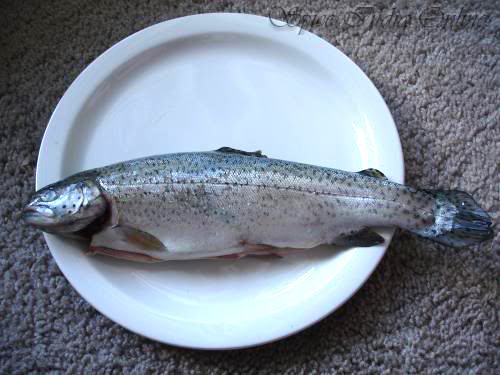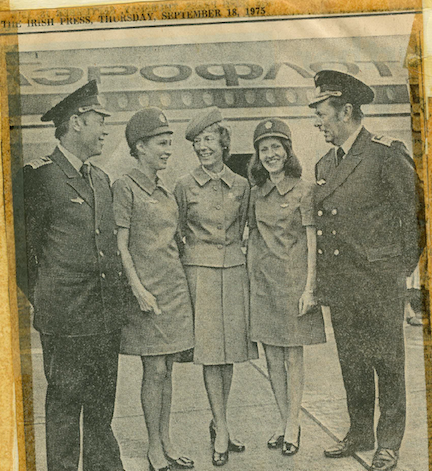I GOT laughed at again in Dublin this week. This happens whenever I visit the capital, and it’s usually for technological reasons (although not always – sometimes people laugh at you simply for asking for a dinner menu in the middle of the day).
Let’s be clear: I do have a mobile phone. I’m not a complete troglodyte. However, my phone is around seven years old. It doesn’t have a camera. It doesn’t know what day it is, and tends to keep assuming it’s the First of January 2005. (I’m sure we can all agree, the wish is probably father of the thought there… Imagine if we didn’t know now what we didn’t know in 2005?)
Naturally, my phone doesn’t know how to connect to the internet. If it’s honest, it thinks this whole smartphone business might turn out to be nothing more than a fad. Also it has a cracked screen, behind which a tiny piece of loose glass rattles around noisily.
But I refuse to replace it. I’m fond of it mainly because the keypad happens to be in Arabic. This – the consequence of nothing more than a happy geographical accident – conveys the impression that I understand Arabic and therefore might be secretly (and despite appearances) a thrillingly important person. I might have influential connections in assorted emirates; I might go around airports shouting “I’ve got to get back to Bahrain tonight!” at the ground crew. I love conveying that impression and would be very sorry to give it up. (Of course my Arabic keypad might also hint that I’m a closet jihadist who entertains murderous thoughts towards Jedward. I’m OK with that too.)
So anyway, I visited a mobile phone shop in the capital to see if they could fix the broken screen. To be fair, I did have the good grace to be a little bit embarrassed. It isn’t as if I don’t know my phone is an anachronism. As soon as you get off the train, you are surrounded by city people pointing and laughing; you get the message soon enough.
The shop assistant – Emmet, no doubt, or Shane, or maybe Fionnán? – took one look at the phone and issued a complicated sound involving mostly vowels. Then he gave me a searching look to make sure I wasn’t taking the mickey. Then he laughed. Another shop assistant – Chloe? Emily? Aoibheann? – came over, saw my phone, and regarded me for a moment or two with a look that I understood to be sincere, benevolent concern. It was crushing.
Under a gaze like that, you suddenly become aware that it’s not just your phone that’s out of place. You’re what might be charitably described a “relic of auld decency”. For instance, you notice that nobody else – absolutely nobody else – has frizzy hair in Dublin. How do they do that? Is it something in the water? And look at your clothes – they’re a classic example of what happens when you repeatedly hug a white cat while wearing dark colours. And is that – oh God – could that be a trace of cow dung on your boot?
Later, you notice that you’re the only person in your hotel lobby who doesn’t have an iPad. In fact, now that you come to think about it – and this is a little weird – you seem to be the only person in the hotel lobby who’s not having some sort of script meeting. Seriously, are there three or four script meetings going on in the lobby of every hotel in Dublin at any one time? If so, why isn’t television better?
You’re the only person in the cafe who’s reading the print edition of a newspaper. You just want a coffee, just an ordinary coffee, please. You still think in terms of Bewleys. You mourn the almond bun. You’re a bumpkin. You’re not quite wandering around the city, with a drip on the end of your nose, looking for someone to play the banjo with, but you’ve become an out-and-out culchie all the same. When did that happen?
Irish Rail has introduced free wi-fi on the Dublin to Cork train. But if you’re heading west of the Shannon, you have to change at Limerick Junction, where you lose the wi-fi (together with the will to live, but that’s another story). Thereafter, you’re on a train with one electrical socket per carriage.
The woman opposite me on the journey home – a middle-aged, ‘traditionally-built’ woman with a decent, rural bearing – was all amazement. “Imagine that,” she marvelled, seeing me plug in my antediluvian phone charger. “We really have come up in the world. They have sockets on the trains now.” I laughed at her. That’s how it works – you transfer the ridicule to someone else.
Published in the Irish Mail on Sunday, 15th April 2012




